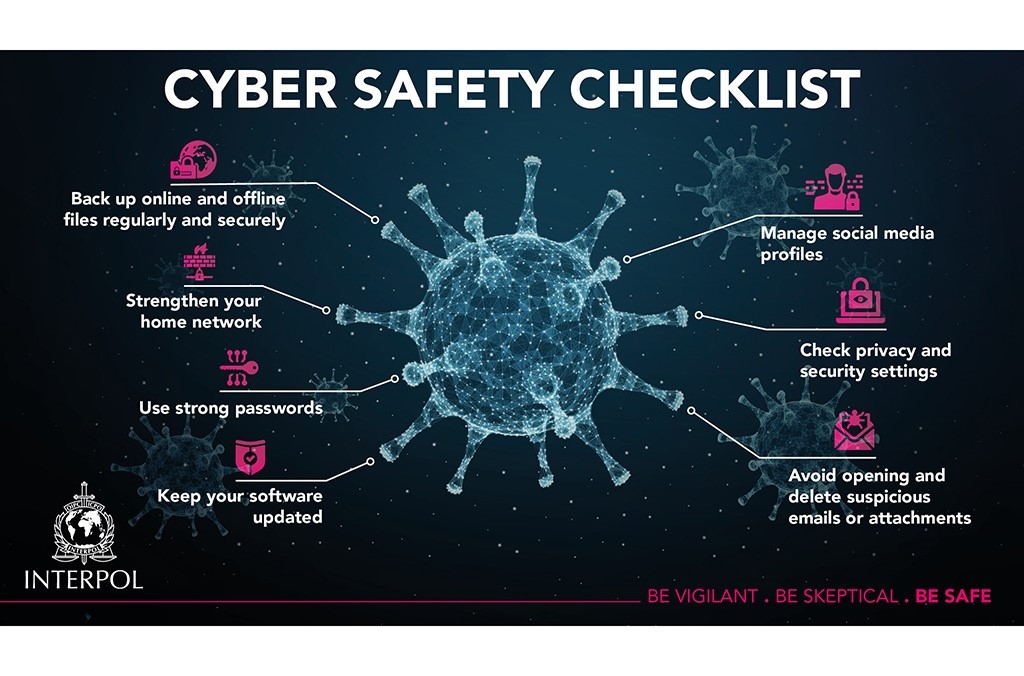Coronavirus Scams are up
Scammers are always looking for their next opportunity and what better time than a global pandemic? The FBI Internet Crime Complaint Center (IC3) has seen an increase in reports of online fraud during the COVID-19 crisis. Since many of us are staying at home and likely using the computer and other devices more than usual, scammers are using this opportunity to find new victims, especially through email, texts and phone calls.
Coronavirus swindles come in many forms, but the upshot of all of them is that they want your money or your information so they can get to your money.
Because these scam artists move quickly and focus on the biggest fears of the day, the government and other regulatory agencies have not had enough time to track them down or prevent them from preying on consumers. It is very important, especially during these times, that everyone be hyper-vigilant about opening emails or clicking on links that make an offer that sounds too be good to be true.
Here are some ways to protect yourself from disreputable actors:
- – If you telecommute, remember the same, usual precautions you use to protect sensitive data in the office also apply at home.
- – Do not provide sensitive personal and confidential information such as passwords or usernames to anyone.
- – Be careful when visiting informational sites that could be fake copies of common sites. Often, there are typographical errors in the domain name to make it look like the real site.
- – People and businesses are in need right now, but be careful with requests for a purchase or donation. If you’re making a payment, use only web addresses that begin with “https://” (the “s” stands for “secure”), or if you click the padlock icon to the left of the URL, the message should say that the site is secure.
- – If you receive a call, text, email, or an in-person visit from the IRS – it’s not the IRS. The IRS will only contact you by mail.
- – You should also be wary of anyone claiming to be a company helpdesk agent that is excessively pushy or unwilling to properly identify themselves. Instead of engaging with such an agent over the phone or through an email that just doesn’t seem right, email or call the company directly to get the help you need.
- – Make sure your software is up to date on both home and work computers, using multi-factor authentication for signing in to any service, and use a virtual private network (VPN) to encrypt your data and keep your internet connection protected.
- – If someone approaches you about an investment that seems too good to be true, then it usually is. Don’t put yourself at substantial risk.
The most important thing to remember in a crisis situation is to seek out credible, vetted information. Be sure to report any incidents of scams or fraud- especially those related to coronavirus/COVID-19. Please remember that we are here for you to provide guidance and the most up-to-date information.


